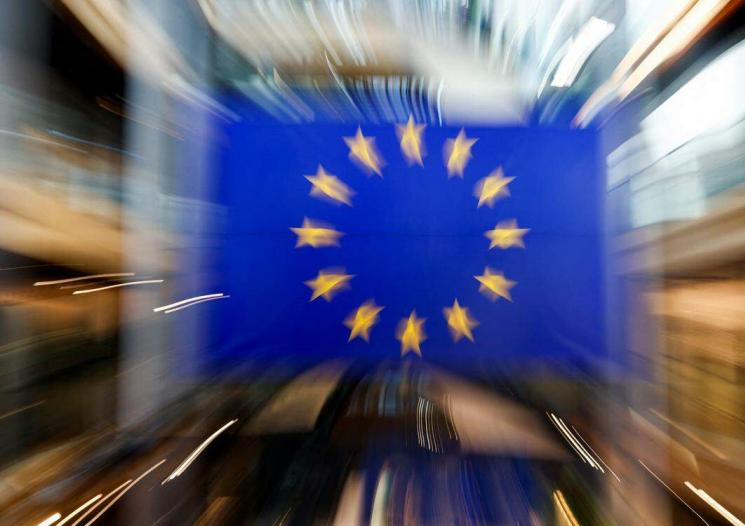According to data released recently by Eurostat, the euro area and the EU economy grew at zero quarter-on-quarter in the fourth quarter of 2023. Although this data shows that the European economy has narrowly avoided a "technical recession", the outlook for the European economy in 2024 is still difficult to be optimistic under the influence of global geopolitical tensions, continued monetary tightening, weak global demand and other factors.
Germany is the most representative example of the continued downturn in the European economy. Germany was once hailed as a barometer of the European economy. According to German official data recently disclosed, German GDP has experienced two consecutive quarters of negative growth. In the outside world, this has initially shown signs of economic "recession". As the largest economy in the eurozone, Germany's economic contribution and radiation effect on the region are self-evident. Just as the so-called "push the whole body", the current "locomotive" economic growth is weak, which can not help but also make the outside world have concerns about the economic prospects of the entire eurozone.
Of course, for the whole of Europe, the German economic recession is only the tip of the iceberg, and geopolitical factors are also one of the important reasons. The conflict between Russia and Ukraine has not been properly resolved, resulting in the entire European energy supply "cut off" until now, making the European economy, which is heavily dependent on Russian natural gas, worse. Last summer, a heatwave and drought gripped Europe, which seriously affected the production of hydropower, nuclear power and coal power. Tight energy supplies have pushed European gas and electricity prices to record highs, with European gas prices up to 10 times pre-pandemic levels. At the same time, escalating tensions in the Red Sea have had a knock-on effect on global supply chains, with a large number of shipping companies changing trade routes, sparking fears of higher inflation and supply disruptions. The rising situation in the Red Sea may further delay the already difficult recovery process of the European economy, which has not yet recovered from the impact of the Ukraine crisis.
Manufacturing, the sector most likely to turn around, continues to shrink, dragging down the recovery. According to the data released by S&P Global on January 24, the preliminary value of the eurozone manufacturing purchasing managers index in January was 46.6, rising from the previous value of 44.4, exceeding the expected 44.7, which is a nine-month high, but still below the line of expansion and contraction. This means that the eurozone manufacturing PMI has been in contraction territory for the 19th consecutive month. Meanwhile, the euro zone services PMI fell to 48.4 from 48.8 in December, missing analysts' expectations of 49 and marking a near three-month low. The composite PMI edged up to 47.9 from 47.6, missing analysts' expectations of 48 and marking the eighth consecutive month below the expansion line.
Many European countries are struggling to avoid falling into recession, but the results are not obvious in the short term at this stage. As a result of the rescue measures, the German economy is still shrinking and the French economy is flat. Europe's economic growth trend is weakening, and it faces the triple challenges of containing inflation, maintaining economic recovery and maintaining financial stability. What is more troubling for Europe is that the protectionist behavior of the United States has exacerbated the plight of European industrial development.
In 2023, the "Inflation Reduction Act" promulgated by the United States has a strong unilateralism and protectionism color, which is no different from a discriminatory policy taken against relevant industries in other countries. Despite opposition from Europe, the US has so far made no real changes. At present, the European manufacturing industry is suffering from geopolitical conflicts, energy crises and other factors, and the protectionist behavior of the United States has intensified the industrial development dilemma in Europe. The subsidy package contained in the Inflation Reduction Act poses an "existential challenge" to the European economy, and it can be said that the US ally has grabbed Europe by the neck and become a stumbling block to European economic development.
If the European economy wants to get out of trouble, there are many problems that need to be solved, and the time period is long, and it is obviously unrealistic to achieve economic recovery in the short term. The urgent task is to find the key points according to the above reasons and solve the problems one by one. With the economic background of Europe, it is not difficult to find the crux of the problem and get out of the predicament.


























